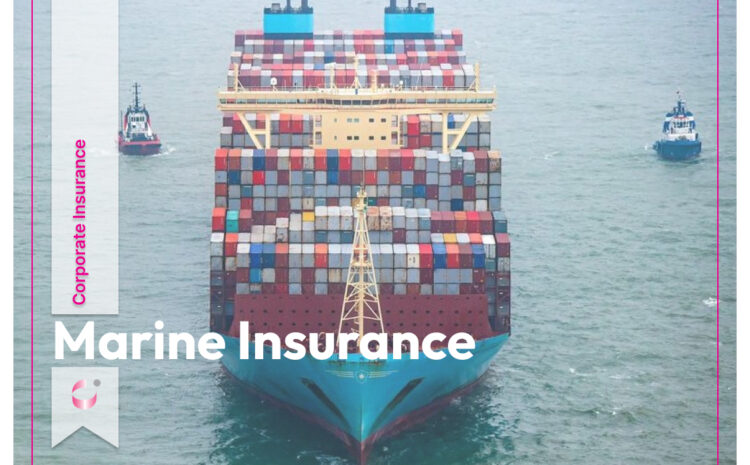
Marine Insurance: All you need to know.
According to a report by the Insurance Regulatory Authority (IRA), the Kenyan insurance market turnover as at 30th September of 2022 closed at 237.9 billion KES (1.95 billion USD). Given a statistical analysis, this is equivalent to 11.4% increase against the same period in the previous year.
Global outlook by 2028 – A prediction by Allied Market Research(AMR) ascertains that by year end 2020, the marine insurance was valued at $26.83 billion. AMR predicts that this will reach $33.90 by 2028 presenting an average rise of 26%.
Benefits – Marine insurance coverage helps in managing risks in the event of unfortunate incidents such as damage to the property & environment, accidents, and loss of life. It is designed to minimize the financial loss incurred by a policyholder in the event of an accident, natural hazard, or other catastrophe. Generally, marine insurance policy is availed by ship owners, cargo owners, and charterers.
Types of Marine cover:
- Voyage Policy
This is basically a single policy cover and insures the subject matter from one place to another irrespective of the duration involved. The main characteristic of this policy is that once the consignment is delivered to its destination, cover ceases and the policy lapses.
A voyage policy is suitable for sellers whose yearly exports are too few to justify taking an annual cover
- Open Cover
This is a blanket contract covering all the insured’s trading commodities, sending’s and situations. This is useful for clients who are engaged in continuous/regular import and exports of goods.
Duration of cover: The risk attaches from the moment goods leave the consignor’s warehouse, loading onto the carrier through the ordinary course of voyage, to offloading at the consignee’s warehouse. (Warehouse to Warehouse.)
Perils covered.
- Marine Perils; Fire, Explosion, Jettison, Storm, Collision, Sinking, Contact with fixed or floating objects, E/Q, Lightning
- War & SRCC Perils
- Extraneous/Excluded perils; Pilferage, non-delivery or short landing, rainwater damage, hook damage, breaking, denting, heating, oil damage
Institute Cargo Clauses:
Attached to the marine insurance are clauses namely Institute Cargo Clauses(ICC). They outline the perils that are covered by the cover. They include ICC(A), ICC(B) and ICC(C).
ICC(A) covers all risks.
ICC(B) covers marine perils, war & SRCC including entry of water into the vessel and total loss of package, lost overboard or dropped whilst loading/unloading.
ICC(C) covers marine perils only (minimum cover only).
Underwriting considerations
- Geographical Area covered – The seasons e.g. winter & summer can influence port conditions in different parts of the world.
- Political – Changes in political powers may spell danger to commercial interests due to disturbances and labor unrest with navigational routes affected.
- Mode of Conveyance – This may be by Ship, Air, Road or Rail.
- Nature of Goods – This is critical as some goods are more prone to damage than others and others are more attractive and therefore more prone to theft.
- Packaging – Fragile items require to be packed professionally to reduce the prospects of breakage whilst bulk ones should be containerized to avoid theft and rolling over whilst in transit.
- Voyage – The route will influence the timely delivery of cargo and will also bring out any likely threat of war- like or hostile activities.
- Ports of Loading & Un loading – Some ports may have outdated loading equipment thus exposing cargo to damage.
- Transshipment – This may be occasioned by change of route by a vessel or mechanical failure while in transit necessitating handing over of cargo to another vessel. If it is known in advance, then an additional premium is charged.
Get your quote today! Click here.
(Input a button or something that will direct a client to the form.)


